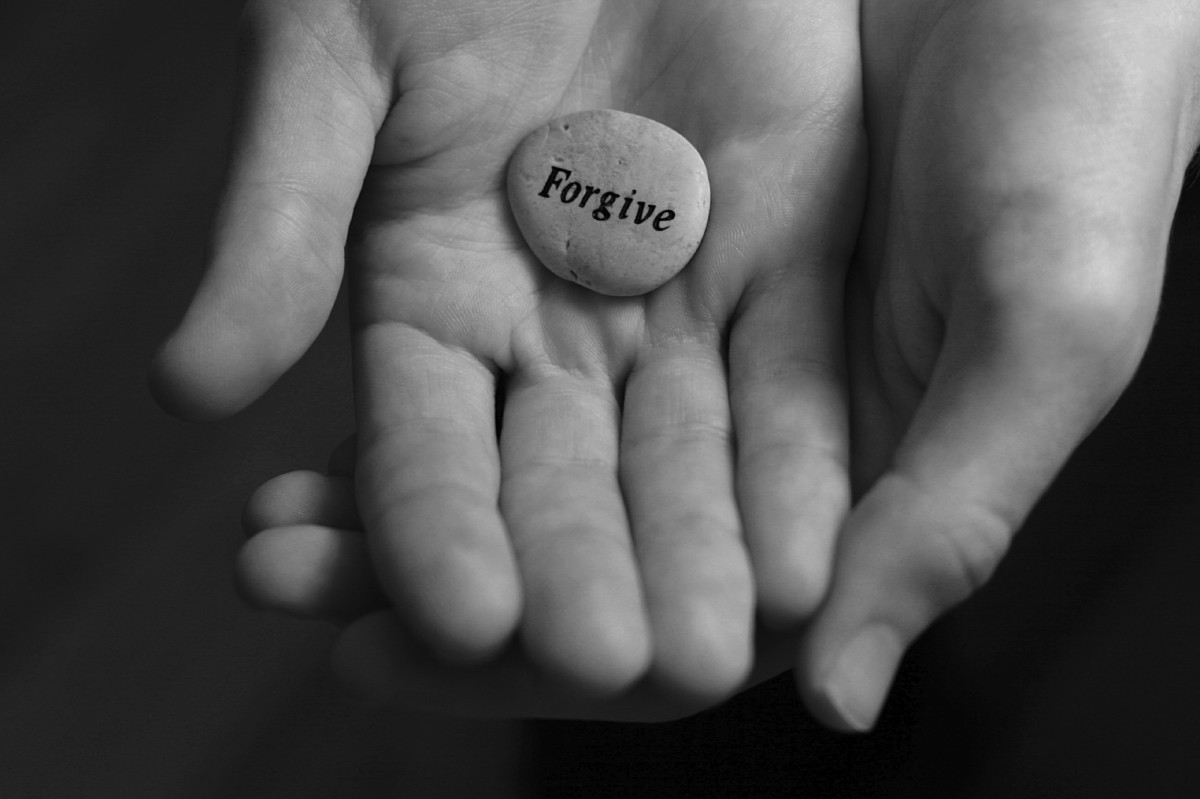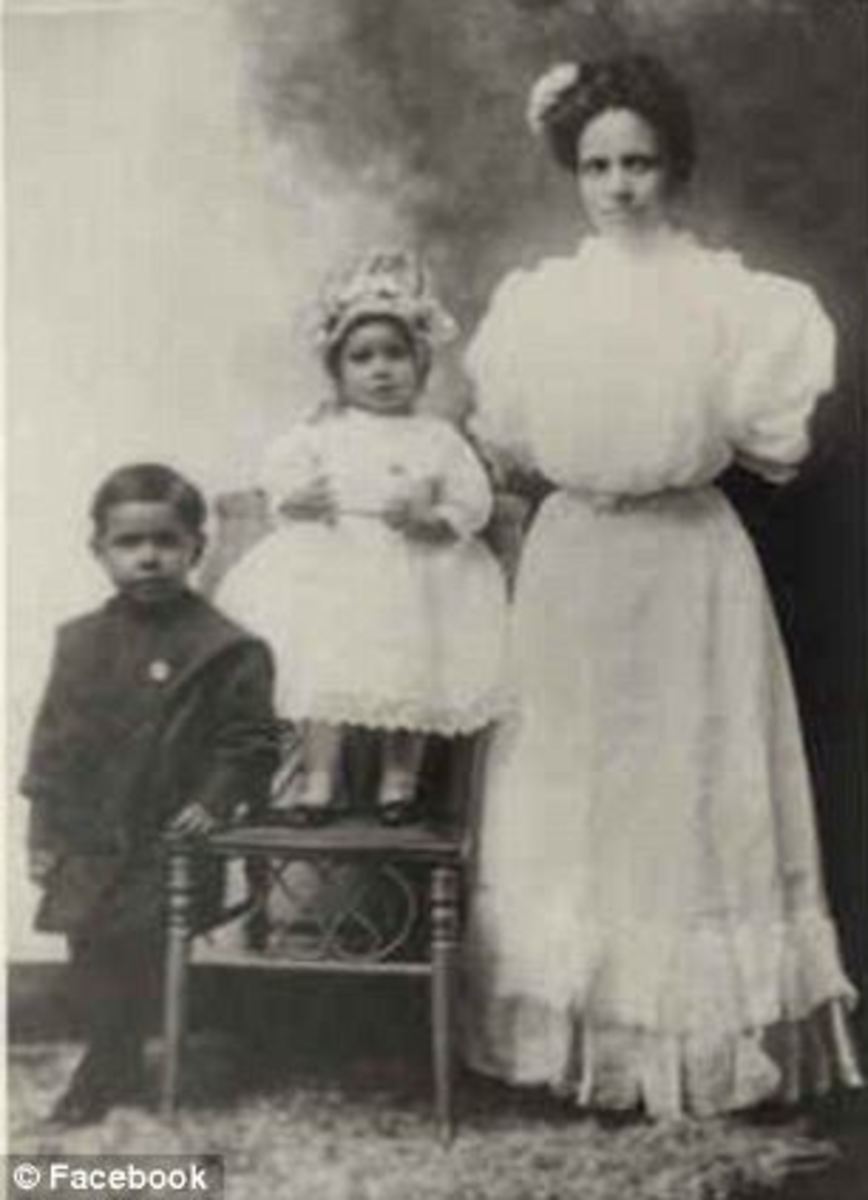The Abortion Fallacy

There are many supposed justifications for the termination of an unwanted pregnancy these days as the debate rages on. Many have posed numerous 'what if' scenarios. What it boils down to is to determine whether or not there is an innocent human being inside of a pregnant mother’s womb. For this reason, the laws can be very different for a life inside the womb than outside.
If we built a foundation where life starts with an innocent developing human being inside of the womb, there would be no justification for termination. Even though a life inside the womb is deemed smaller and less developed, this stage should not be thought of a less important than the developing stages outside the womb.
Many will point to the differences in degrees of development as justification for terminating a pregnancy. However, this is a fallacy that ultimately leads to the degradation of our humanity.
Does pointing to people who are bigger, stronger, smarter and less dependent than those who are still developing make them more valuable or deserving of protection?
If that is the case, then taking an innocent life is justified.
However, if we were to look at the value and potential of the development of an innocent human life, it should trump the choice to take it.
The logical conclusion, if we were to walk out some of these 'what if' scenarios, they would have an effect on the moral fibre of our society.

The Unwanted
One of the supposed solutions for an unwanted pregnancy is to take away the option of having a birth. The notion is that if the child is 'unwanted,' the pregnancy should be terminated.
Does the potential for being 'unwanted' justify the death of an innocent human being?
Is taking a life better than being unwanted or neglected?
We walk on dangerous grounds if we establish the right to life based on 'wantedness.' This is a fallacy because no one would make an argument to terminate an innocent life after birth based on the same premise. Also, the handicapped, elderly and the homeless population could be deemed a supposed unwanted burden on society too, based on the same justification. This why granting someone the right to life based on whether they are 'wanted' is both inhumane and dangerous.
The scientific reality is that an unborn baby is a living human being. Every human being should have a right to personhood. What it comes down to is what our basis is for humanity. It should not be about 'wantedness.' This supposed justification for a woman to have the right to terminate her unborn baby can be used for the same premise for someone outside of the womb. Unfortunately, our dire history attests to this.

Affordability
Many advocates will deem it acceptable for a woman to terminate her pregnancy based on the financial burden that comes with having a child. The argument is that the mother should have this right on the basis of 'affordability.' This is a fallacy because it assumes something that hasn’t been proven. We all know the fact that there are children that are born into poverty.
However, do we hear about mothers wanting to have the right to terminate their children because they cannot afford them after they are born?
Of course not, because it would be heartless, absurd and inhumane to think of taking the life of a young child. If financial hardship is justification to take an innocent human life, then the only outcome is the moral depravity of our society. Human beings whether they are inside or outside of the womb should not be deemed qualitatively different. The issue of 'affordability' should not trump our humanity.
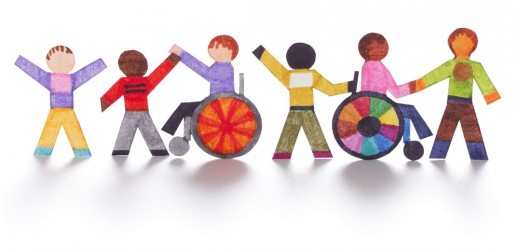
Disability
There are some who believe that the potential of a baby being born with a physical or mental disability is acceptable reason for terminating a pregnancy. This is a fallacious argument because it is based on that same premise of a life being born as a financial burden.
Should the basis for our humanity be based on whether someone may pose to be a financial threat by stripping a person of their right to live?
Within a moral society, all people with physical and mental limitations and those who have certain diseases and ailments are no less human than those who do not have any at all. Taking a life for any of these reasons is both barbaric and inhumane.
Some of the unhappiest people have no physical ailments and have all their mental faculties while those born with disabilities can be very happy people. The notion of taking a life because of congenital defects would never be argued of those outside of the womb, but somehow people are making 'justifications' of taking the life of those inside the womb. Ultimately, the issue should not be about disability, but our humanity. This is why terminating a pregnancy negates the humanity of an unborn life.
A life with a disability in the womb should not be disqualified for the same reason those should not be after birth. Those with disabilities can have joy and happiness the same as their peers do. Many see suffering and hardship and necessitate them to bad things. However, this is not always the case because these are factors in our human development. Good things have come out of hardships. Eliminating those who have suffering and hardship will lead to the depravity of our humanity.
The argument for disability as an option for termination of life is a fallacy. Most 'what if' scenarios divert away from exposing the true agenda of many activists who want women to have the choice to terminate a pregnancy whether there is a disability or not. Their argument is not really about limiting termination of fetuses with severe handicaps, but the right to do it for any reason.

Drug Addiction
Drug addiction is a loaded argument that comes into play with poverty and disability concerns.
However, is an unborn child better off dead than being born with a potential drug addiction?
The fact is that there are children who are born with drug addictions who have mothers who are too.
Should an unborn child with an addiction have a right to life just like children outside of the womb do?
If the premise is that an unborn baby should be aborted because of a drug addiction, it only follows that the addicted mother falls in the same category. This is the fallacy. Dealing with drug addiction is not about terminating those who have one. The right to life should never be about drug addiction because it negates our humanity.
The irony is that there are laws in place that prosecute women for fetal abuse, but on the other hand, they can hire someone to abort their baby if they choose.
Free to kill, but not free to harm is an oxymoron.
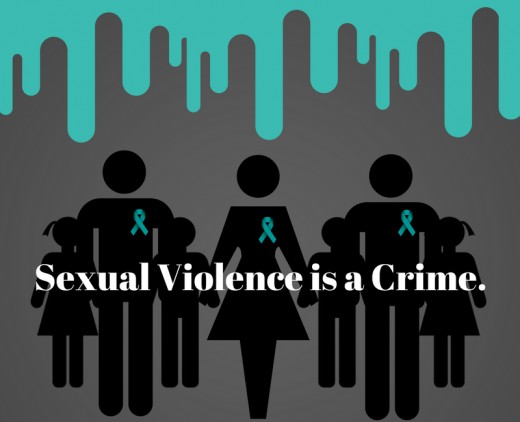
Sexual Assault
One of the most common arguments brought in a discussion about unwanted pregnancies are the victims of sexual assault.
Should a woman who has been sexually assaulted have to carry a child in her womb to full term?
Does a person have a right to kill an innocent human being as a result of a sexual assault?
What if the mother decided to raise her baby, but after five years decided the child was too much of a burden because of having too much of a resemblance to the biological father?
Would this be considered moral justification to terminate a five-year-old child?
The child is a human being who has a right to life. No act of violence against another should justify the killing of an innocent life. Sexual assault and terminating a pregnancy are one and the same. They are both acts of violence against an innocent person. Two wrongs don't make a right. Terminating a life because of sexual assault extends the pattern and will not resolve the initial crime because it is impossible to undo it.
We all have a responsibility to care for woman as well as children and be sensitive to their needs. Giving a human a right to live and choosing motherhood is not the easiest thing to do, especially when there is a haunting memory of a horrible crime. Bringing an innocent baby into the world and giving the child a chance at having a life is a precious gift that no one should be allowed to take away. This is the reason why a life should not be terminated because of sexual assault for the same reason why a life should not be terminated after a person is born. Having a right to life should be about our humanity both inside or outside the womb, not about sexual assault.
Laws are designed to protect the victim, not the assailant.
The victim of sexual assault is the mother.
However, the assailant in a terminated pregnancy is the mother.

They Will Do It Anyway
Some will argue that women will terminate their pregnancy anyway whether it is legal or not. This is a fallacy, because in similar manner, no one does away with speed limits because people will speed anyways.
Should running a red light be allowed because people will do it anyways?
Should armed robberies become legal to make it safer for them to steal?
Should abortion be legalized to make it less dangerous for women?

Inside and Outside of the Womb
It is argued that a developing baby inside the mother’s womb is not human. However, if we were to take a closer look at the differences of life both inside and outside of the womb, it is equally applicable when it comes to the value of our humanity. It is fallacy to say that being human is about the differences in development and size.
Inside the womb, the embryo is smaller than the fetus. This human development should be deemed no less significant than outside the womb, just as smaller people are no less human than larger people. The embryo and fetus are smaller than a newborn, just as infants are different in size to toddlers. Adolescent children are smaller than teenagers and teenagers are smaller than adults. Size should not really matter when it comes to what qualifies us as human beings.
The size of a human being no matter what stage they are at should not make them ethically insignificant. The development of a human being through physical and intellectual stages should have nothing to do with what is deemed morally significant inside or outside of the womb. The benevolence of our humanity is what should determine personhood, not a stage of development.
The difference between an embryo and the fetus with a newborn is the place of residence. A place of residence should be inconsequential to the essence of what a human is. Wherever you are, or what stage of development you are in, should not affect that you are a human being. What defines a living person is about inclusion in the human species, not about the place of residence. To disqualify someone of their right to life based on their residence is both inhumane and unjust.
Survival
The argument that a fetus cannot survive on its own disqualifies it the right to have a life is fallacious because it could be said of those outside of the womb. Newborn babies, children and those who are disabled and sick all need food, oxygen and rest outside of the womb to live.
Should they be terminated as well on that basis of their dependency?
A feeding tube or umbilical cord should make no difference. If dependence is the basis for a person’s right to live or not, then we all are in trouble.
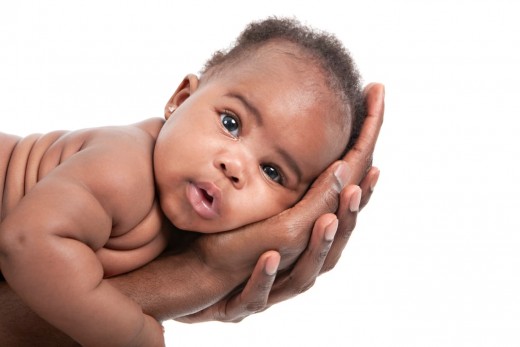
Here is the irony.
Do you ever wonder why people are more outraged by violence towards children than adults?
It is that they are more helpless and dependent and less capable of defending themselves.
History attests to lives who were not protected under the law that gave way to genocidal atrocities.
In the end, the differences that exist between a human life both inside and outside of the womb are things that don't matter when it comes to our humanity. Those that make it matter put lives into jeopardy.
The difference between humanity and the supposed 'justifications' for terminating a pregnancy is the capacity to do whatever is right no matter what the circumstances.
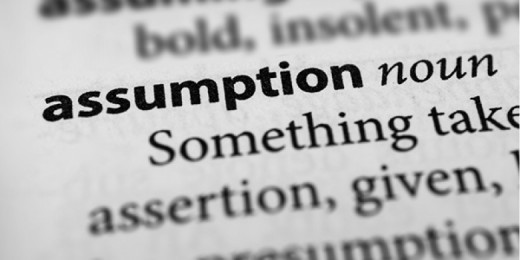
Assumptions
When we make assumptions and arguments about human life for terminating a pregnancy, the same goes for those outside of the womb. When we say a pre-born is not a life, then we deny the science of embryology where a human being is created at fertilization with new unique DNA. The new development of life should not be considered foreign, but a human life. When we believe the science, it only logically follows that we must put value on humanity over circumstances.
All because something may be legal does not necessitate it as moral. Legality doesn't not equal morality as history attests to unjust laws towards human beings. The death of any innocent human being should be considered devastating, especially of those who seek it of others. This is why every innocent human needs the protection of the law when it come to having the right to live and be considered a human being.
Some will say that they have the right to choose, but where did they get this right?
The Declaration of Independence states, '...life, liberty, and the pursuit of happiness.'
Someone with an unwanted pregnancy may have their happiness ruined, but what about the life and happiness of an unborn human being?
Happiness can change, but you cannot bring a terminated life back.
What it comes down to is what is developing in a mother's womb during pregnancy. An unborn life must be granted the right to join the human race. This is what humanity is all about. Otherwise, we fall into moral relativism based on certain circumstances on the basis of 'what if' scenarios.
It should always be wrong to kill an innocent human being.
If we see value in our own lives, then there is value for every other human being.
There is no denying there are hard cases when it comes to unwanted pregnancies with extremely stressing situations. It takes wisdom to make the best moral decision whether to protect an innocent life or be convinced that the best thing do in the situation is to terminate it.
Our humanity depends on whether we did the best to to defend our right to life and that of others both inside and outside of the womb.
Do you believe our humanity depends on giving other human beings the right to live both inside and outside of the womb?
Related Articles
- The Use of Hegelian Dialectic in Politics and Religion
The political and religious systems have duped the masses through a process of Hegelian Dialectic thinking and synthesis that has led to the compromise of truth. - The Signs Leading to a One World Government
A New World Order is something that hasn't been achieved yet, but in order to attain it there would have to be an elusive and sophisticated plan by people who have great power and authority.
This content is accurate and true to the best of the author’s knowledge and is not meant to substitute for formal and individualized advice from a qualified professional.
© 2019 PlanksandNails


